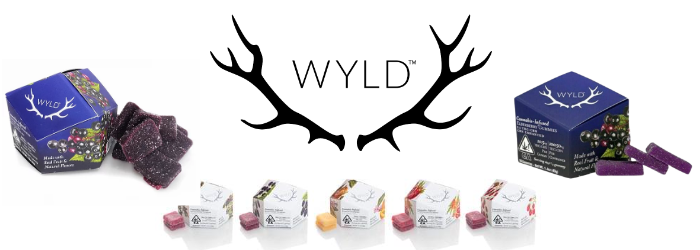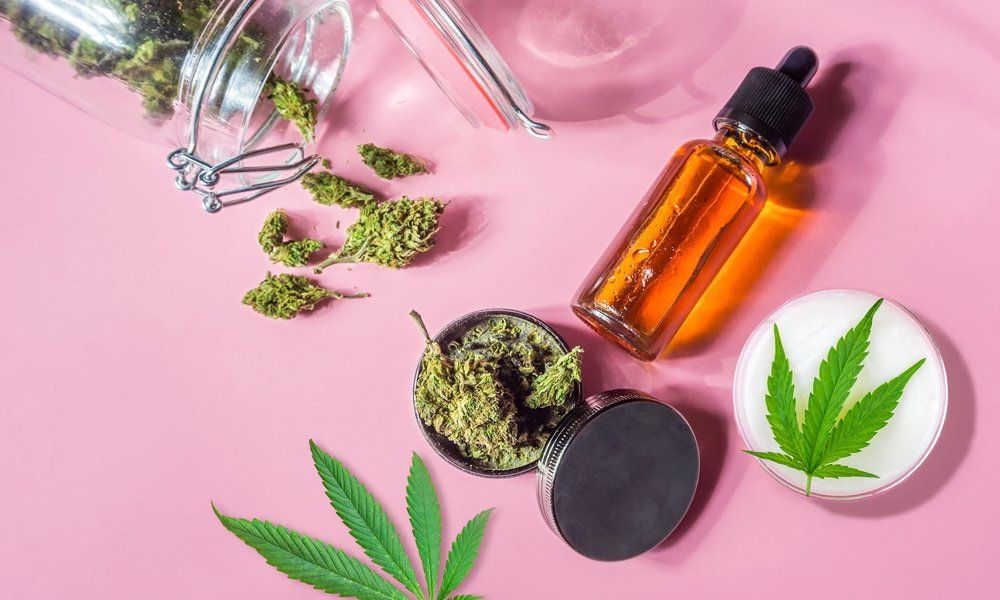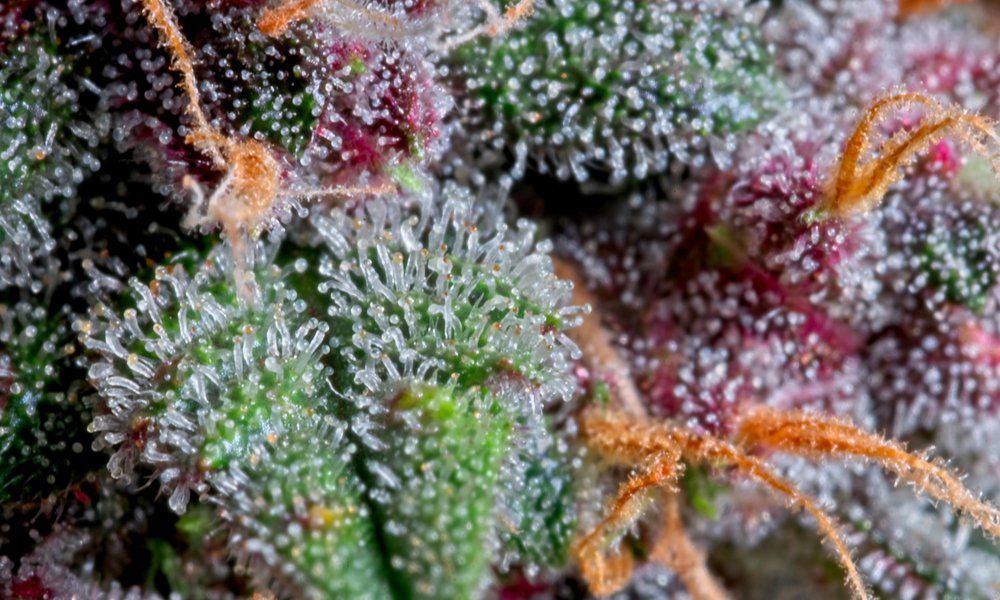The Science Behind the Munchies: Using Cannabis to Control Appetite
One of the most common phenomenon with smoking weed is getting the “munchies.” When we think of the munchies, we picture binging on Hot Cheetos, craving M&Ms, or enjoying a large cheese pizza all to ourselves. But did you know there’s proven science behind the “munchies” that can help with clinical conditions?
Marijuana has been used to help with appetite loss due to cancer, HIV/AIDS, and anorexia. Thanks to legalization, more research has been conducted to test the therapeutic potential of weed. This science opens up the theory of using weed to both increase and suppress appetites. Along with serious, life-threatening medical conditions, weed can help with appetite extremes for those dealing with depression, anxiety, metabolic disorders, and obesity.
A Quick Science Lesson
THC, the psychoactive part of weed, activates cannabinoid receptor Type 1 aka CB1. Effects of CB1 can vary in different body tissues, all of which increase appetite:
- Basal Ganglia- enhances eating pleasure
- Limbic Forebrain-enhances food palatability
- Stomach and Small Intestine-speeds digestion and stimulates appetite
- Hypothalamus and Rhombencephalon-both regulate food intake
Basically, weed tricks the appetite circuits in our brains into “hunger mode.”
Cannabis Increasing Appetite for Clinical Reasons
It’s common knowledge that marijuana is helpful for those suffering from long-term health conditions. We often associate medical marijuana with cancer and HIV patients. In these conditions, extreme appetite loss can reduce the quality of life and slow the recovery of patients. This is where weed comes in; it reduces nausea and anxiety that keep patients from maintaining their appetite. Weed can also ease the pain and violent nausea associated with Chemo. Marijuana exposure can help patients establish a routine with more frequent, small meals. Two common THC-based drugs are nabilone (Cesamet) and dronabinol (Marinol or Syndros).
Research is Foggy
While there is a ton of anecdotal evidence supporting the use of cannabis to help with appetite control,
many studies have fallen short of the mark to justify it as a reliable solution in the medical world. In low-quality studies, there has been proof that marijuana can make greater fat mass, smaller waist, lower BMI, and lower prevalence of obesity. Many of these small studies contradict the others.
In other studies conducted with HIV/AIDS patients, there is not an overflowing amount of success and it doesn’t work for everyone. With cancer patients, the clinical trials used small doses that weren’t very effective. It’s suggested that these patients will have success with larger doses but that presents the problem of over-medicating them in their weakened condition. In patients recovering from eating disorders like anorexia and bulimia, there was a small increase in appetite, but again not significant enough to be game-changing. Luckily, with the legalization of marijuana, more studies are being funded to find a natural solution in cannabis.
Weed to Help With Depression- and Anxiety-Related Appetite Loss
While they’re not as life-threatening as cancer and HIV/AIDS, both anxiety and depression can cause appetite loss and nausea. Many regular marijuana users, both medical and recreational, confirm it helps treat their anxiety and/or depression. Whether it’s situational (bad break-up, isolation due to covid, unemployment, etc.) or a diagnosed chronic mental health disorder, smoking a little weed can help you through it. When we’re sad or anxious, sometimes we don’t feel like eating and our friend Mary Jane can help us out.

Which Consumption Methods Help Appetite Increase?
The different methods in which one consumes THC can affect caloric intake and food cravings (salty, sweet, sour, or bitter). Suppositories tend to increase the amount of calories someone can handle, making this a strong option if the appetite loss is significant and causing other health problems (skeletal muscle loss, malnutrition, etc.). Smoking or using vape pens can be effective almost immediately and the chance of nausea is lower in comparison to edibles, which take longer to kick in and can cause nausea if the dosage isn’t reliable.
Wait, Weed Can Also DECREASE Appetite?
Yep! BUT this does not mean you should smoke weed as part of a diet regimen!
So we know CB1 increases our appetite…so what happens if we block it? There is new research that proposes using an endocannabinoid antagonist as a way to treat obesity caused by compulsive binge eating and irresistible cravings. There have been human trials of “rimonabant,” an endocannabinoid antagonist. In these trials, participants lost 5-13 pounds and had a reduction in insulin. Patients started to plateau in their weight loss around 9 months. While the research shows the effectiveness of using the antagonist, the FDA isn’t ready to approve this new drug because it’s difficult to pinpoint the exact causes and mechanisms. There are also adverse side effects including nausea, dizziness, severe depression and suicidal thoughts.
“Weederal”
“Weederal” or “diet weed” is emerging as a sought-after appetite curbing and energy boosting option. Known as THCV, it is quickly becoming a popular cannabinoid on the market. It isn’t as intoxicating as other THC products. THCV is an “anomaly” of a marijuana plant and works as a cannabinoid antagonist. Weederal reduces appetite by blocking CB1 receptors.
THCV triggers your brain to avoid fatty and greasy foods. While this is popular recreationally, it requires a lot more research before it can be used to treat obesity-related medical conditions. THCV could play a role in helping Parkinson’s, Psychosis, acne, bacterial inflammation, epilepsy and more. It’s been proven safe to try, but it’s limited to find. The side effects aren’t as extreme as the studies with “rimonabant” but it’s hard to pinpoint trace amounts of THCV.
Here’s What We Know
We know weed typically makes us hungry. It has some amazing medicinal qualities that can help those suffering from serious conditions. And now we know marijuana can help us both increase and decrease our appetites.
Thankfully the science is catching up and the more research that gets done, the better we can help everyone who could use help with appetite control!







